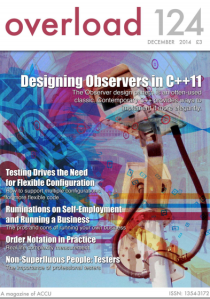 Maksim gave a very interesting presentation on Machine Learning, from his perspective as a physicist.
Maksim gave a very interesting presentation on Machine Learning, from his perspective as a physicist.
Machine Learning, AI and NLP are some of the most exciting emerging technologies. They are becoming ubiquitous and will profoundly change the way our society functions. In this talk I hope I can provide a unique perspective, as someone who has entered the field coming from a more traditional Physics background.
Physics and Machine Learning have much in common. I will explain how the two fields relate and how a physical point of view can help elucidate many ML concepts. I will show how we can use Python code to generate illustrative visualizations of Machine Learning algorithms. Using these visual tools I will demonstrate SVMs, overfitting, clustering and dimensional reduction. I will explain how intution, common sense and careful statistics matter much when doing Machine Learning, and I’ll describe some tools used in production.
Maksim used Jupyter Notebooks for the demonstration parts of his talk. It’s a great way to show snippets of code as well as plotting charts – I’ve also been using it for a Python library that I’m working on.
The big take-away was that the audience should think of machine learning as very accessible – although there are hard problems left to research, there are a lot of materials available on the internet and much can be understood readily, especially from a visual perspective.

 I was lucky to get an invite to this month’s ACCU London meet-up on the topic of sorting. Dietmar Kuhl hosted the presentation at the plush Bloomberg offices on Finsbury Circus. The talk brought together a sample of approaches to speeding up QuickSort:
I was lucky to get an invite to this month’s ACCU London meet-up on the topic of sorting. Dietmar Kuhl hosted the presentation at the plush Bloomberg offices on Finsbury Circus. The talk brought together a sample of approaches to speeding up QuickSort: Catching up on back issues of ACCU’s
Catching up on back issues of ACCU’s 



